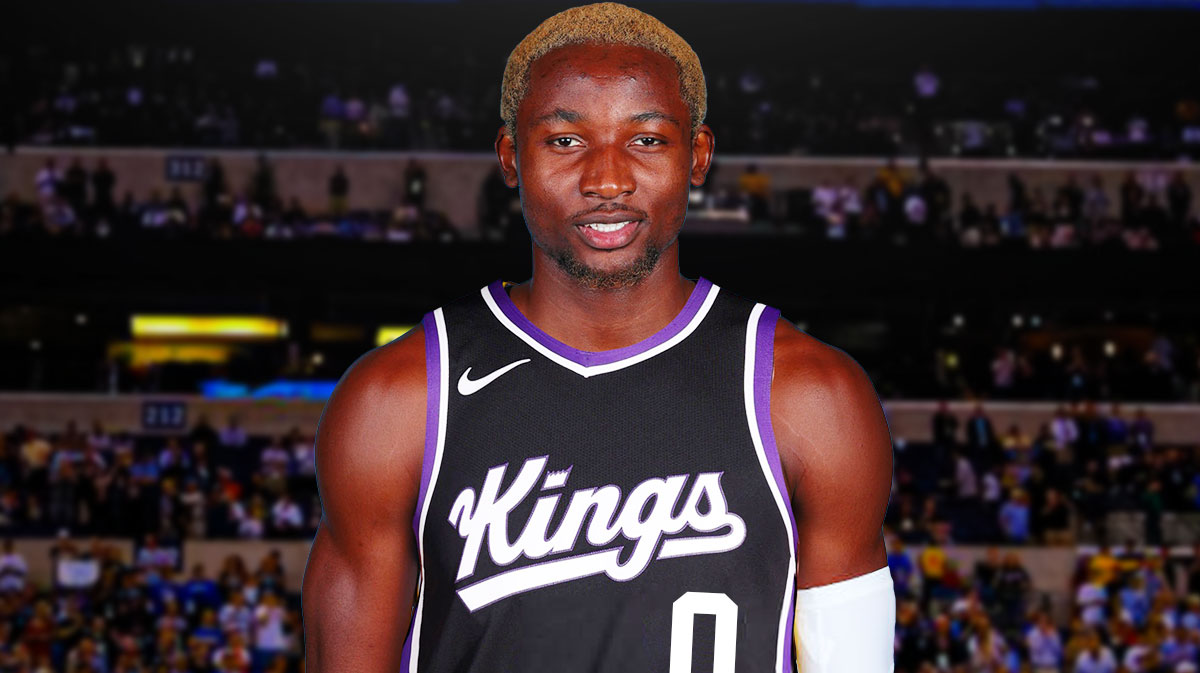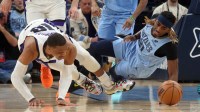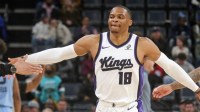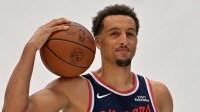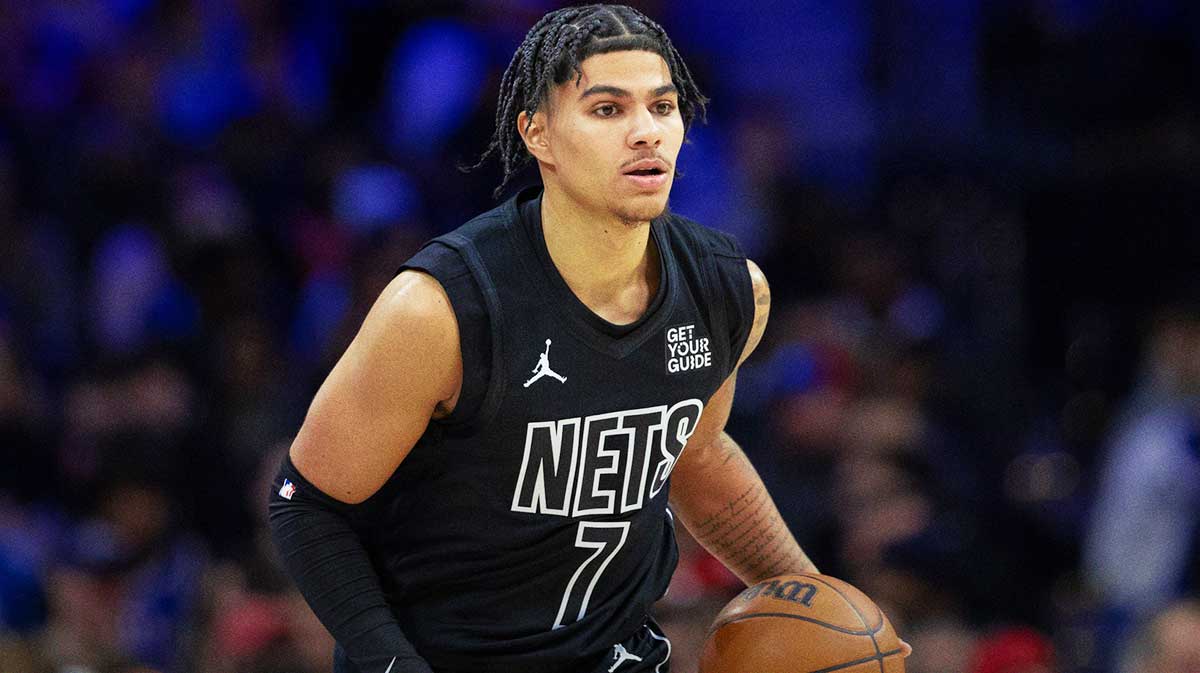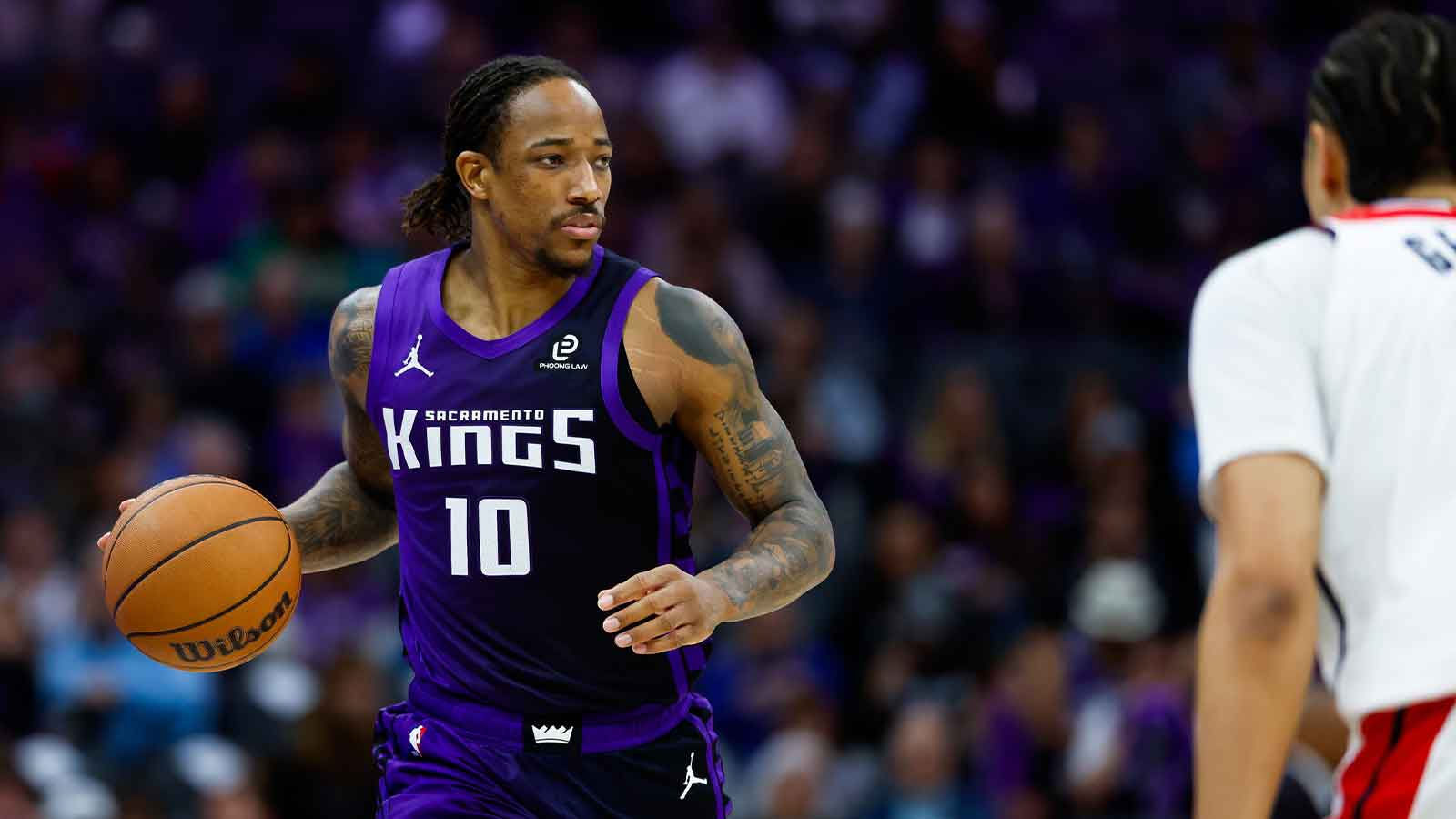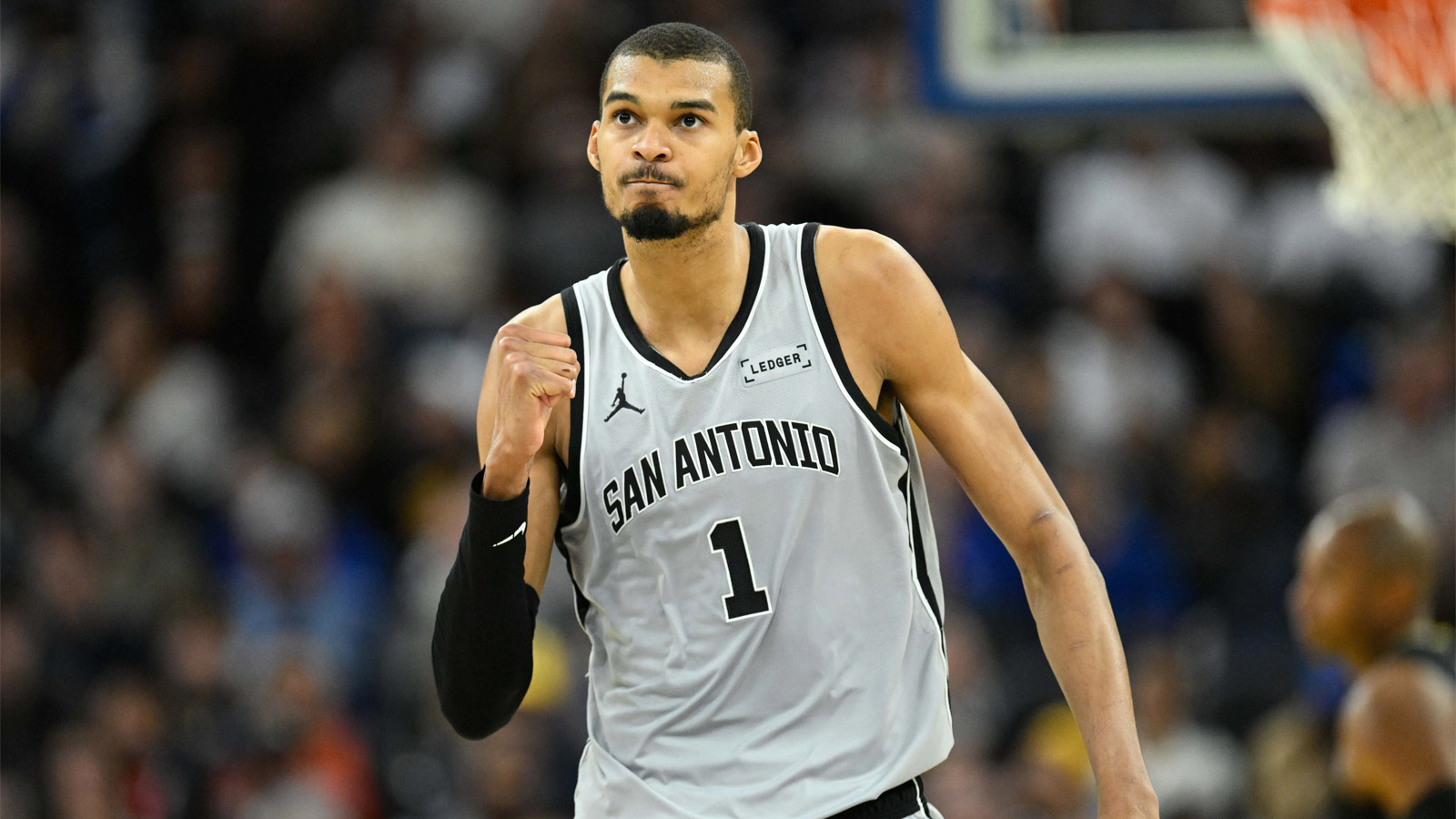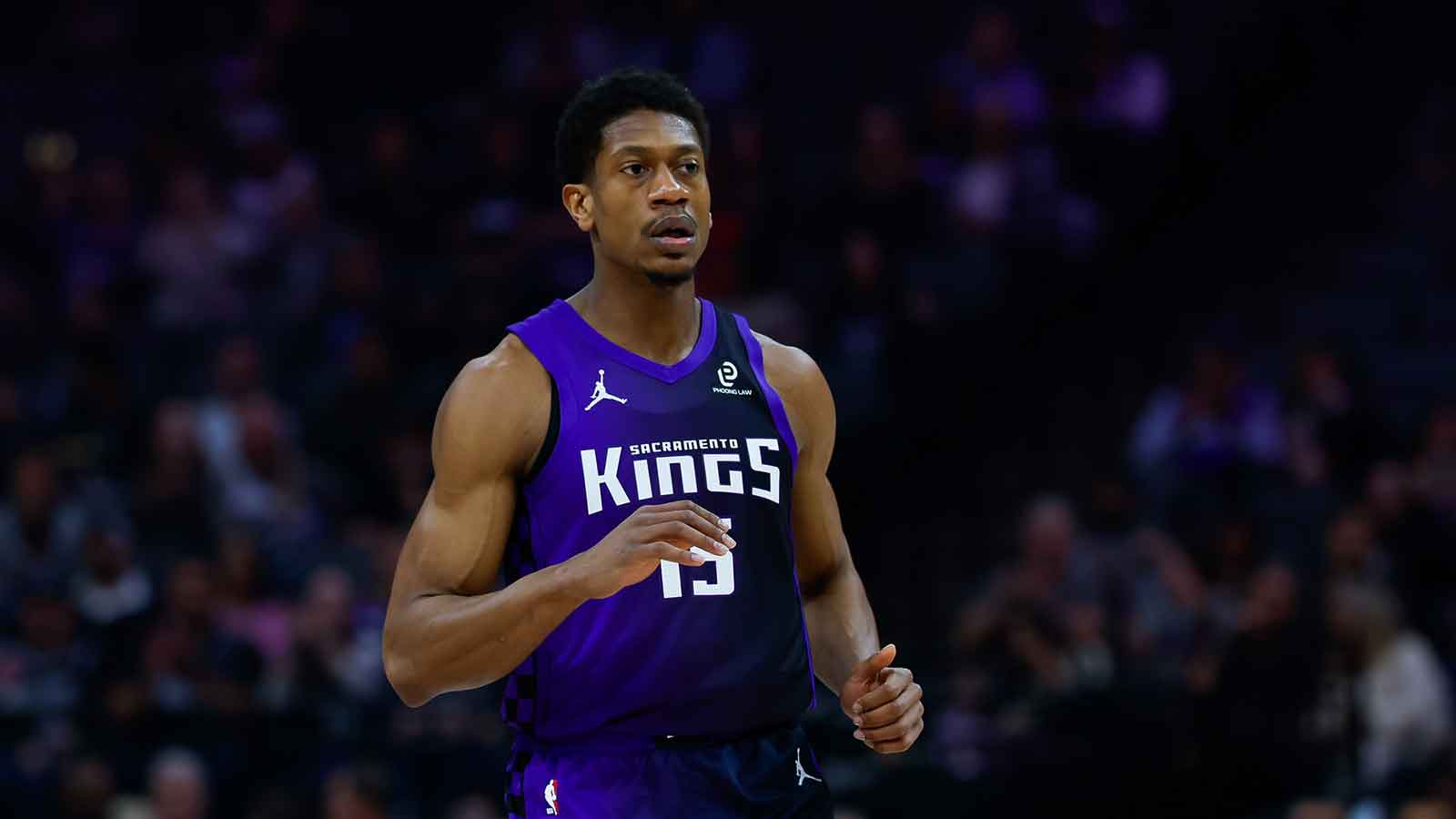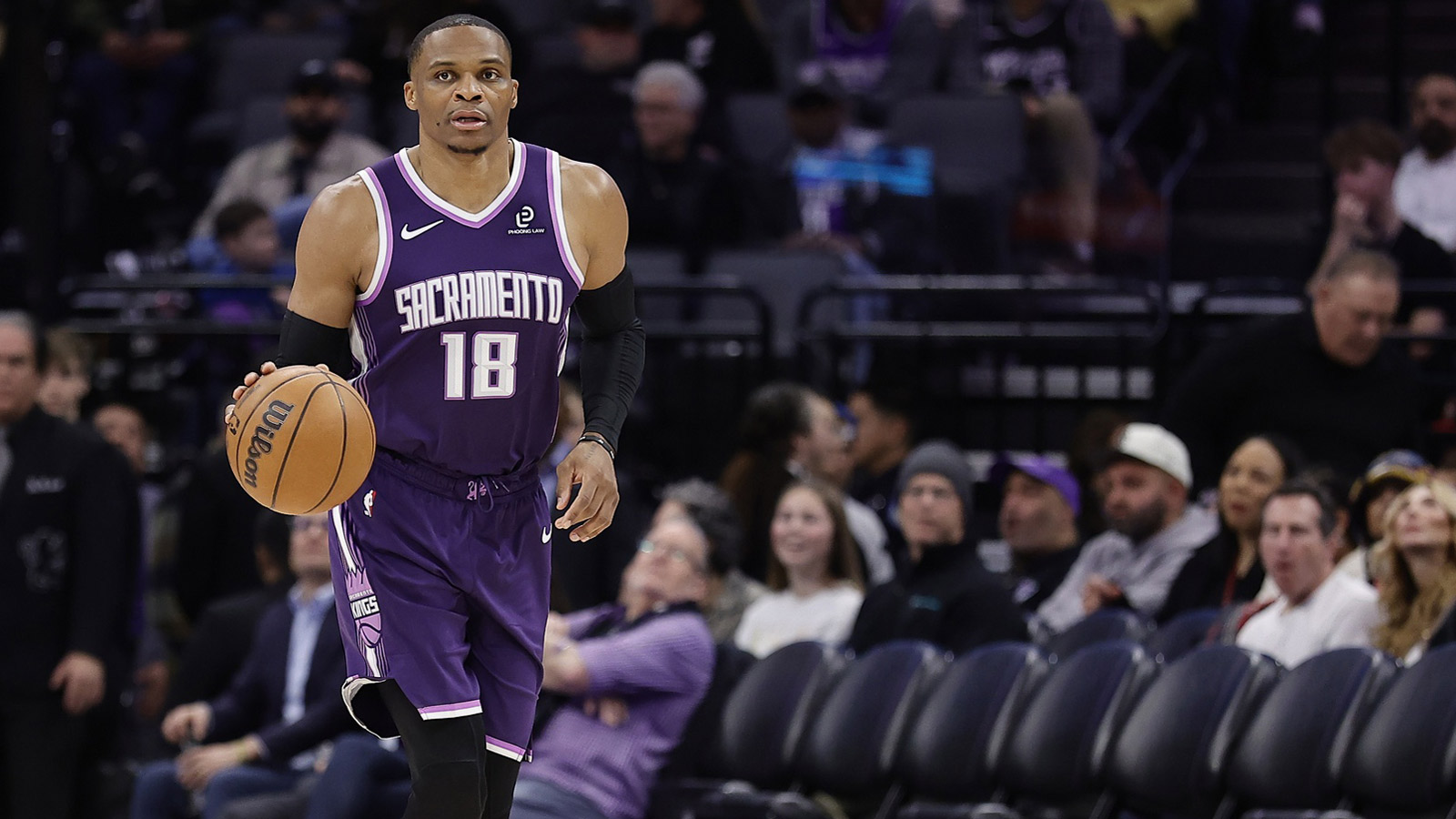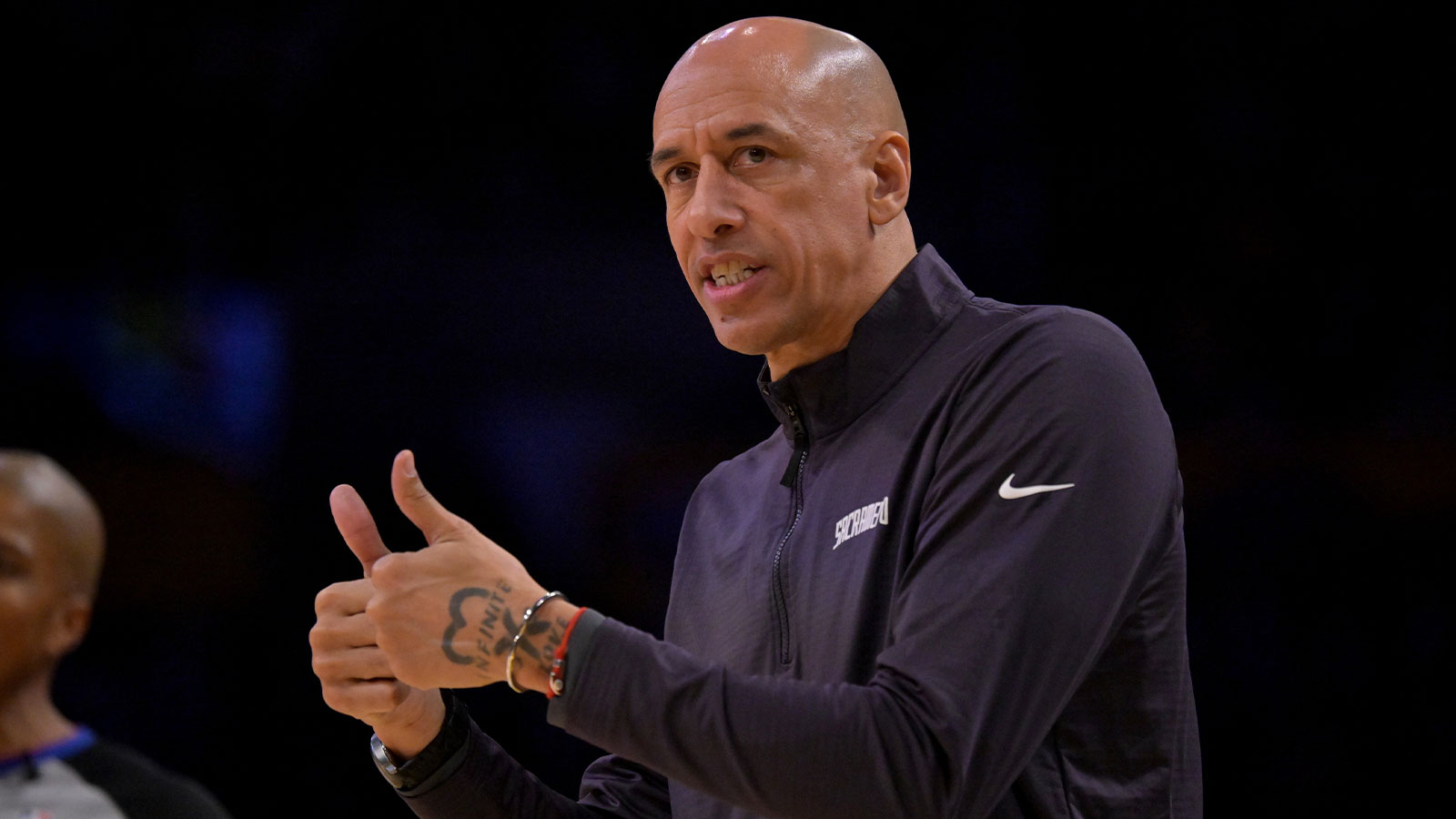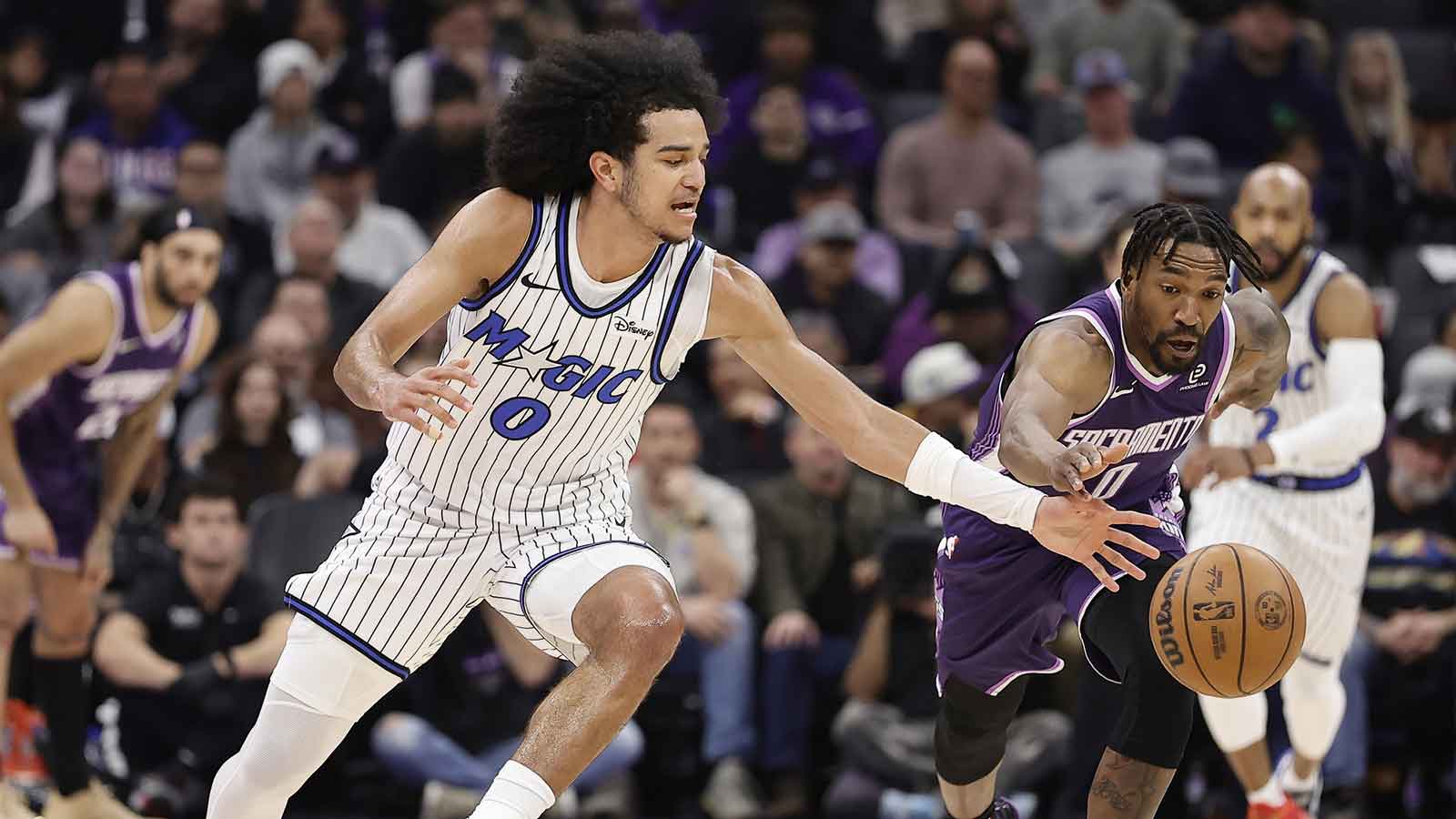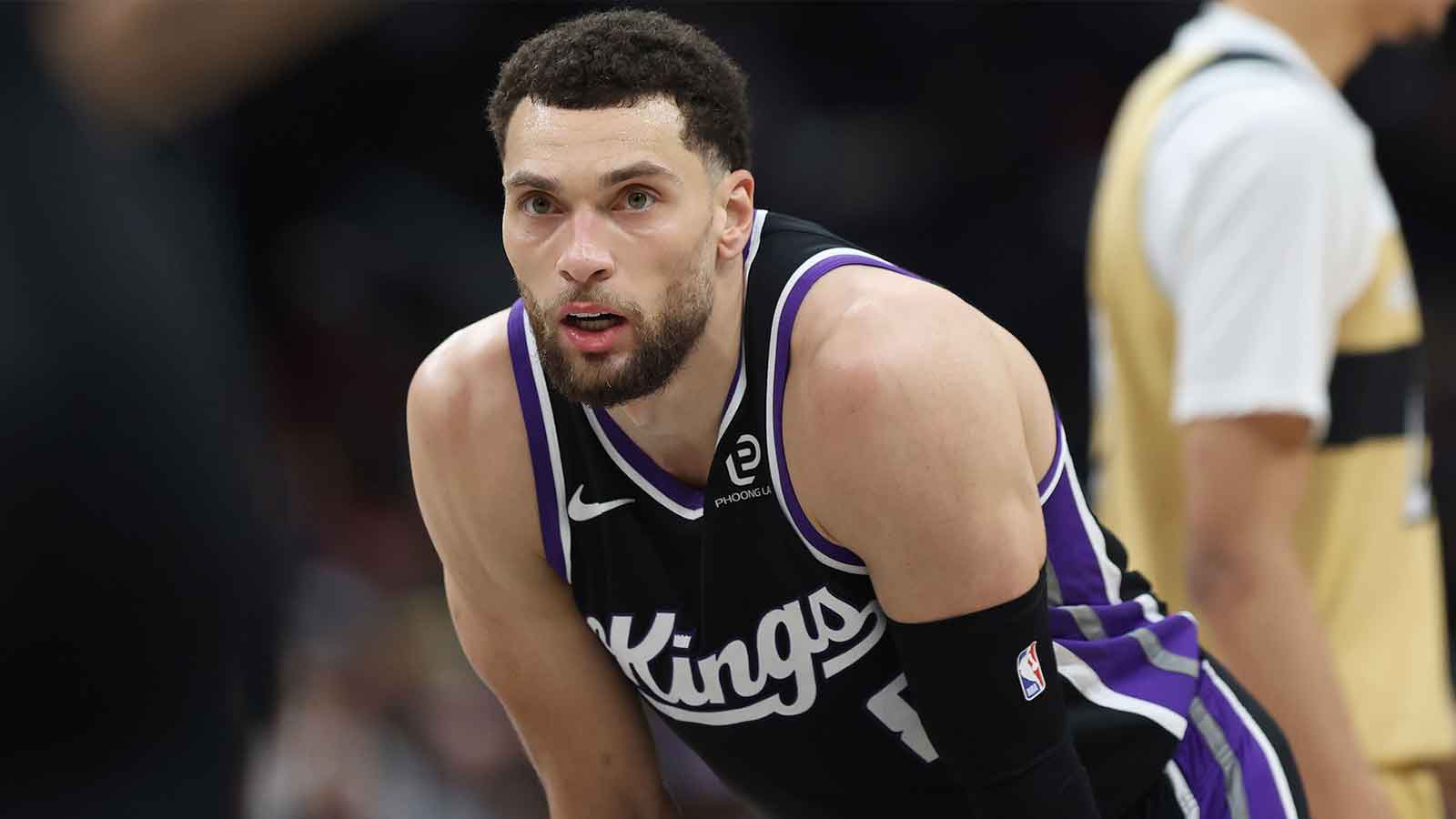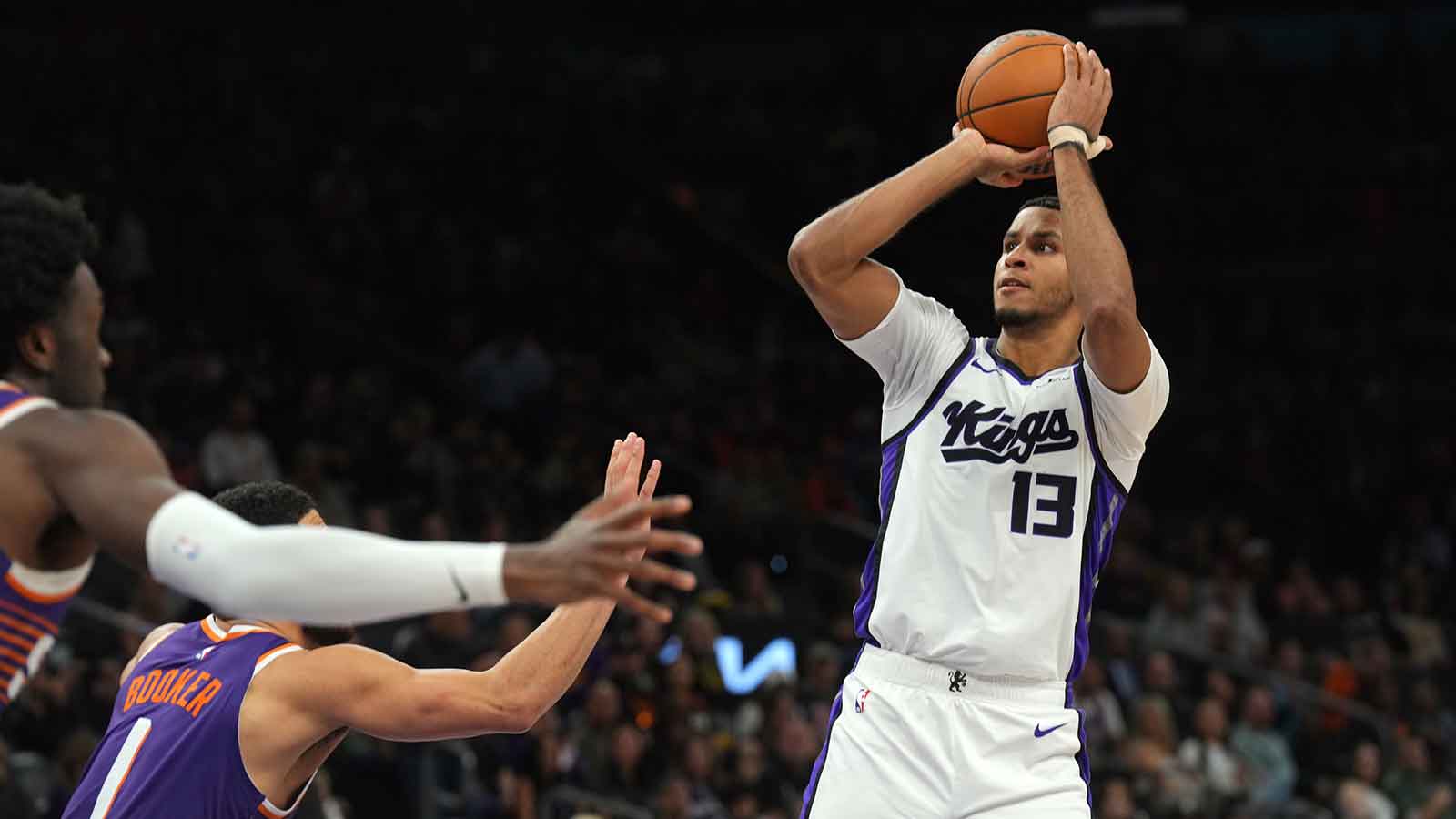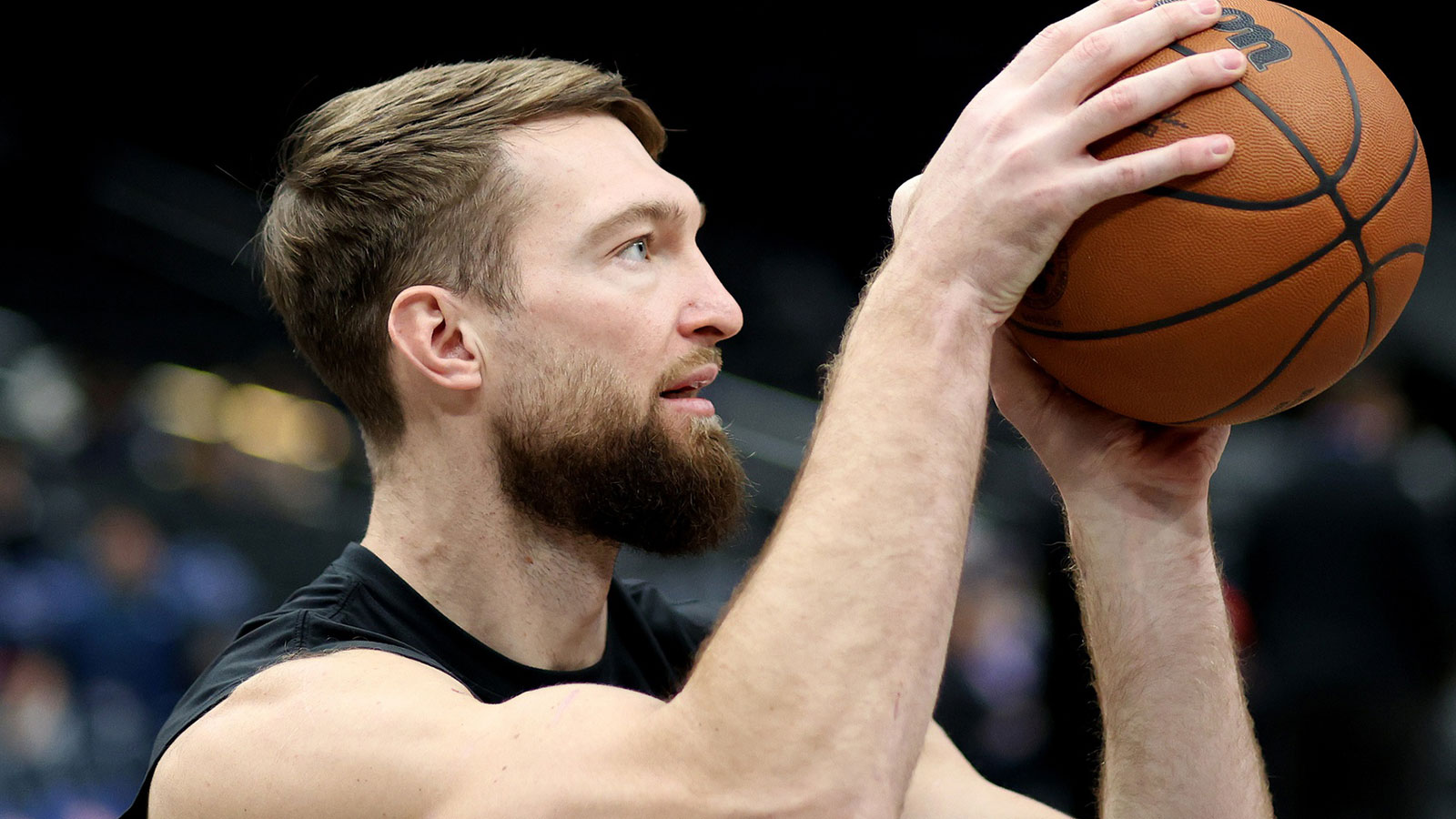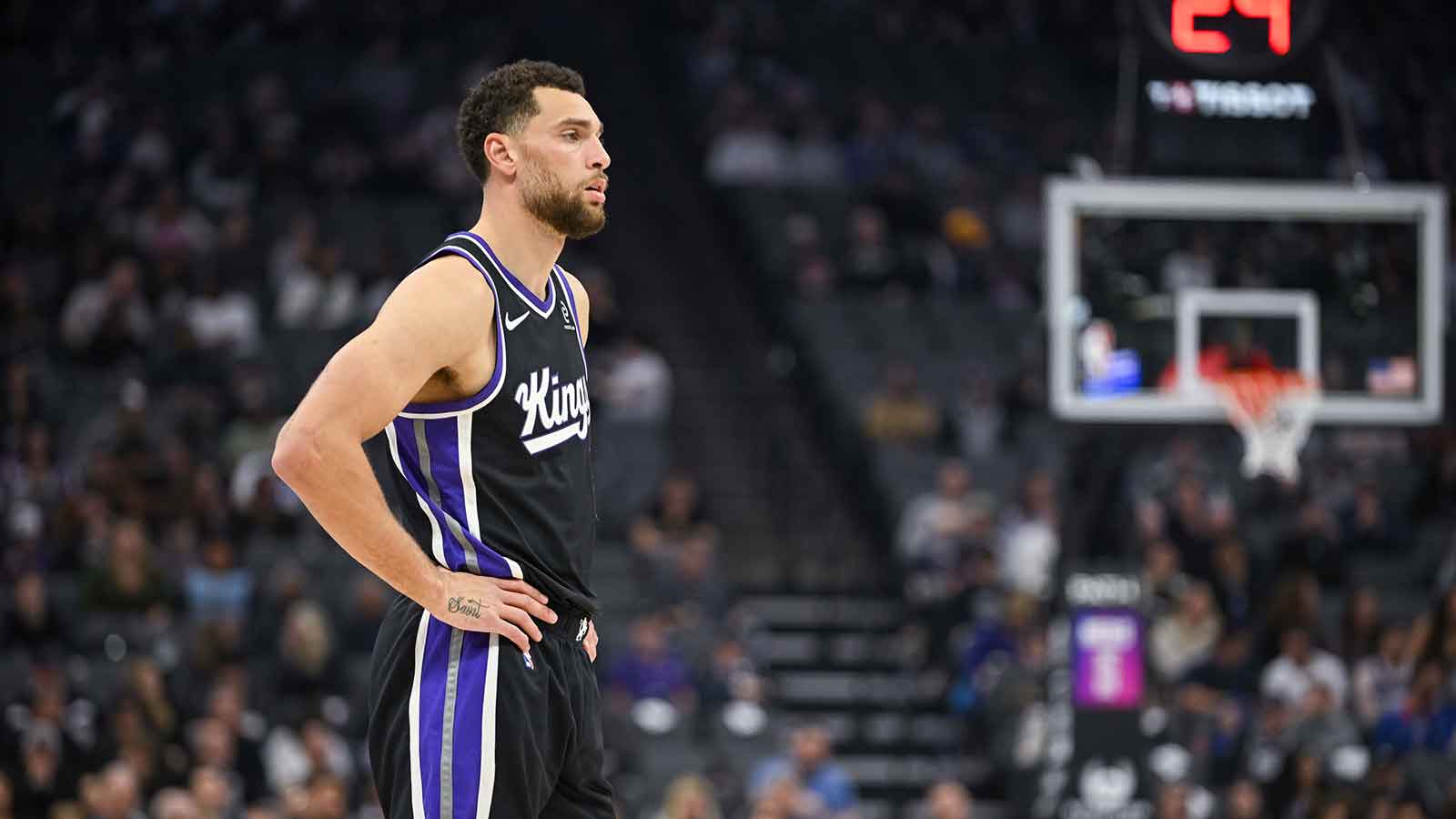For years now, the Sacramento Kings have flirted with upward mobility. Ever since their surprising 2022–23 playoff appearance snapped a 16-year drought, the franchise has hovered somewhere between promising and perplexing. And as the dust settles on the 2025 NBA offseason, new general manager Scott Perry finds himself sitting on a roster riddled with mismatched timelines, underperforming contracts, and perhaps most frustratingly, a missed opportunity that could define this chapter of the Kings' rebuild. That missed opportunity? Trading for Jonathan Kuminga.
The Kings made a few moves this offseason: they added Dennis Schroder in free agency on a multi-year deal averaging $14.5 million, acquired Nique Clifford in the draft, and brought in Dario Saric via a trade with Denver. Drew Eubanks also joined as a rotation big. On the other side of the ledger, Sacramento said goodbye to Jonas Valanciunas (in that same Saric trade) and Jake LaRavia.
But when the Kings’ offseason is assessed in totality, it’s hard to call it anything but underwhelming. And it all begins with what they didn’t do.
1 move the Kings should've made: Trade for Jonathan Kuminga
Let’s be clear: Sacramento has been obsessed with Jonathan Kuminga for months, and rightly so. Kuminga, still just 22, has the ideal profile of a modern NBA wing: 6-foot-8, explosive, defensively versatile, and increasingly comfortable creating offense. If you dropped him into the Kings’ rotation tomorrow, he’d instantly be one of their most important long-term players. That’s why the front office, even under prior leadership, pursued him aggressively in talks with Golden State.
The Sacramento Kings dream offseason is to land Jonathan Kuminga and Russell Westbrook 👀 pic.twitter.com/cnFQhd1QhO
— Ball Exclusives (@ballexclusives) August 3, 2025
But the Kings’ inability to pull the trigger on a deal has not only stalled their roster-building momentum, it’s actively hurting them.
According to league reports, Sacramento balked at parting with Malik Monk and other young pieces like Keon Ellis, hoping to preserve depth while landing Kuminga. But sometimes, you have to overpay in the short term for the long-term payoff. The potential of landing Kuminga, a legitimate two-way wing with All-Star upside, was worth far more than hanging onto ancillary depth pieces who may never crack the playoff rotation in a meaningful way.
In short, the Kings should have gotten it done.
While Sacramento waited on Kuminga, they moved forward with other additions, none of which meaningfully changed their outlook.
Dennis Schroder is a good player, a veteran guard who has proven himself on playoff teams. But giving him a contract worth $14.5M per year in a crowded backcourt that already includes Isaiah Stevens, Terence Davis, or Malik Monk (pending any trade) is hard to justify. That money could have been better allocated toward wing or frontcourt depth, or simply preserved in flexibility for a Kuminga deal.
Similarly, trading Jonas Valanciunas and getting Dario Saric in return might seem like a stylistic pivot, but Saric is less impactful defensively and may not hold up as a starting center. Eubanks is a serviceable backup, but again, not a needle-mover.
The biggest problem with the Kuminga saga is not just that the trade didn’t happen; it’s that everything else is being held hostage because of it.
Want to sign a veteran like Russell Westbrook? Only makes sense if Kuminga arrives and DeRozan moves to the bench. Want to trade Malik Monk and reset the backcourt? Hard to do without clarity on Kuminga’s fit and role.
Sacramento’s offseason feels like a browser with too many tabs open and nothing loading. Their hesitance on Kuminga has turned into a domino effect of indecision, and it’s left them worse off than they were three months ago.
DeMar DeRozan, Zach LaVine, and the cap clutter
Perhaps the most overlooked factor in all this is how Kuminga could have helped unlock better uses for the Kings’ most bloated contracts: Zach LaVine and DeMar DeRozan.
Both are still productive scorers, but neither defends well, and neither complements Fox’s play style particularly well. LaVine’s contract is especially egregious: over $40 million annually for a player who hasn’t moved the needle in years. DeRozan, while still efficient in spurts, is better suited as a sixth man at this point, not a primary offensive engine.
Bringing in Kuminga would have given Sacramento the leverage to finally transition DeRozan into that bench role and use LaVine more as a trade chip. With Kuminga anchoring the wing, you could build a modern, athletic rotation around Sabonis, while slowly ushering in a younger core.
Instead, Sacramento is now stuck, clinging to scorers past their prime and hoping that fringe moves will somehow lead to meaningful progress.
Nique Clifford and the future: A small bright spot
One glimmer of hope is Nique Clifford, the rookie wing who impressed in the Summer League with his defensive instincts, shooting, and maturity. But counting on a second-round pick to solve Sacramento’s glaring issues at the 3/4 is unfair. Clifford is a great find and may be a long-term piece, but the Kings still need to add proven two-way wings if they want to rise above the play-in tier.
Kuminga would’ve allowed Clifford to develop slowly behind a star-caliber forward. Now, Clifford may be thrust into a larger role than expected, a dangerous game for a team with playoff aspirations.
The Kings are a franchise at a crossroads. They’re not bad enough to tank. They’re not good enough to contend. They’re stuck, and much of it is self-inflicted.
Scott Perry inherited a mess, yes, but the job now is to clean it up. Instead, Sacramento added marginal pieces and let the Kuminga situation fester. The result? A team whose ceiling is the play-in, whose payroll is bloated, and whose roster remains directionless.
The 2025 offseason didn’t have to go this way. One move, trading for Jonathan Kuminga, could have reshaped their trajectory. But in waiting, in hesitating, in overvaluing depth over upside, the Kings might’ve missed their moment.
And in the Western Conference, moments are everything.

